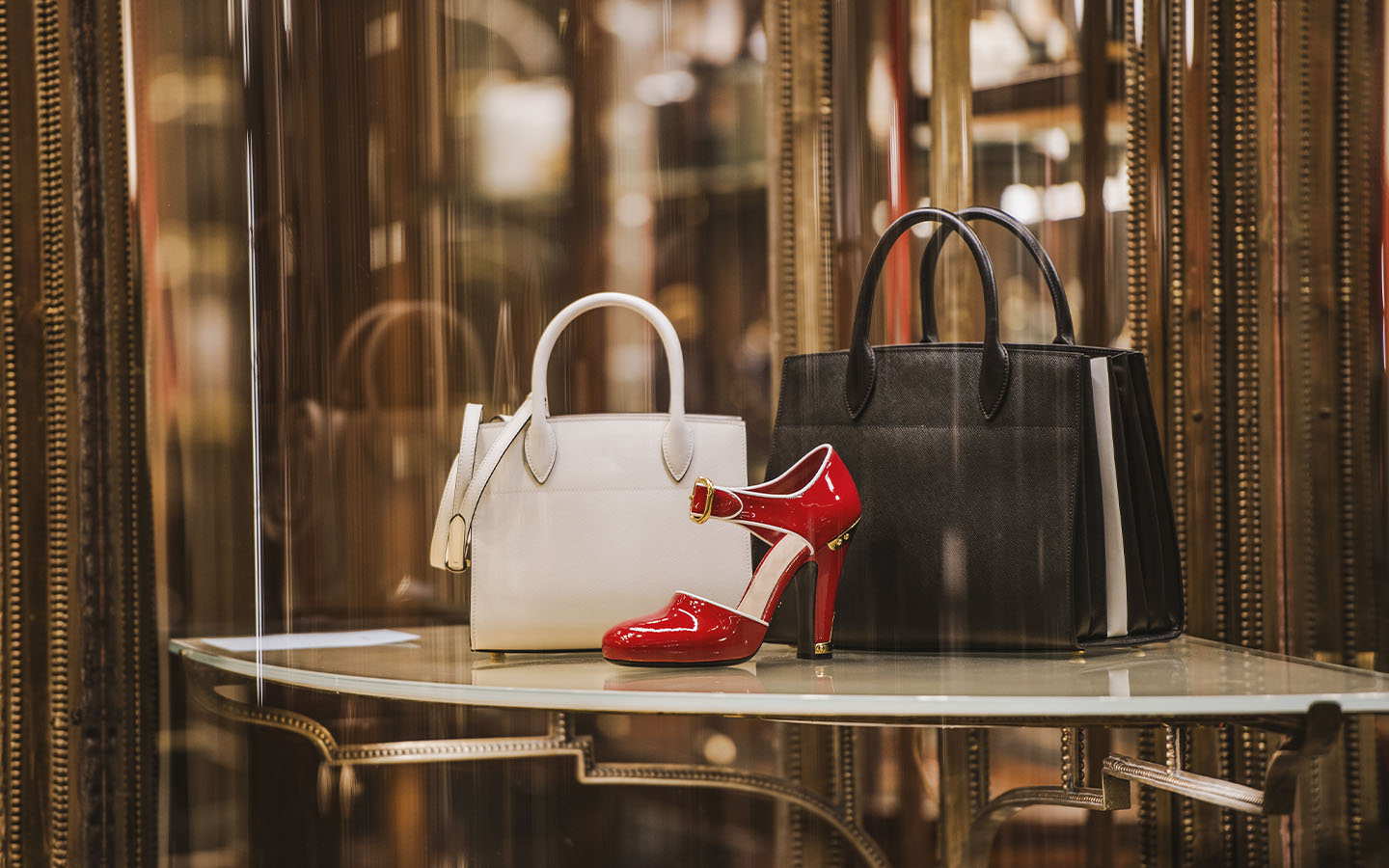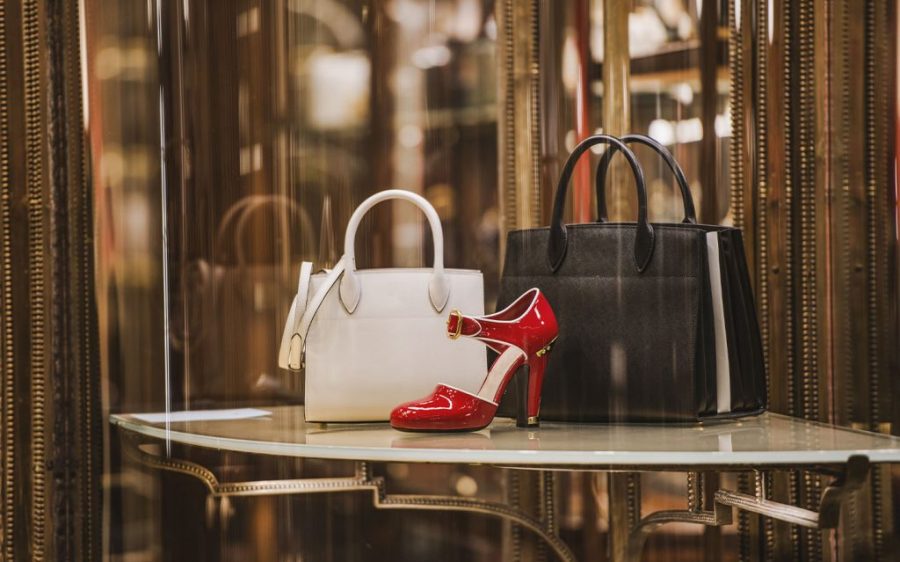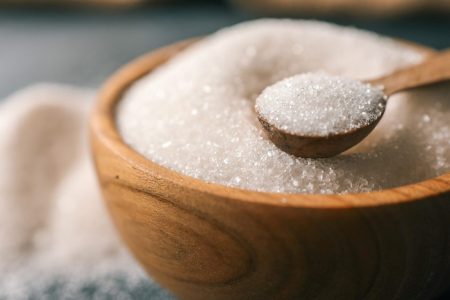A growing class of ultra-wealthy individuals is falling prey to a form of addiction. From less than 800 in 2009 to nearly 2,800 last year, an increasing number are showing up at Paracelsus Recovery – the most expensive addiction and mental health clinic in the world – with what founder and CEO Jan Gerber calls “opulomania.”
He describes the super-rich, often very young, clients showing up at his clinic as depressed, burnt out and trying to numb intense emotional pain with constant extravagant purchases, ranging from over-the-top travel to massive purchases to increasingly elaborate cosmetic procedures, reports the Times.
Where some might use illegal or prescription drugs to get that dopamine hit, these clients spend. “Dopamine isn’t about pleasure, it’s about the chase. The first purchase excites, but it’s a hedonic treadmill of diminishing returns. You quickly need to buy more and more just to feel the same,” he explained to the Times. “That cycle is classic addiction.”
While Paracelsus Recovery has cared for clients of every age suffering from opulomania, Gerber notes that he often sees it among the younger generations, including those born to extreme wealth who struggle with neglect and low self-worth, and entrepreneurs who achieve unthinkable wealth in their 20s and 30s.
Similar to eating disorders, where those suffering from dangerous disordered behaviour seek praise for being thin, splurging on ever-more-extravagant purchases is often applauded as a sign of success.
[See more: Problem gambling hits a new high in 2024]
“[People] admire you and encourage you to keep going, even though the damage in terms of mental health can be just as dangerous [as heroin],” Gerber explained. He says Paracelsus Recovery has seen “hundreds” of billionaire drug addicts and alcoholics, treating royalty, film stars, sports legends, CEOs and heads of state.
As with substance abuse disorders, compulsive shopping (or oniomania) is an addiction faced by non-billionaires as well, affecting about 5 percent of adults, according to a 2016 study published in the journal Addiction.
But where afflicted billionaires are largely insulated from any consequences when they compulsively snap up high-priced luxuries, regular people dealing with a shopping addiction can find themselves with maxed out credit cards, unable to pay their bills or drawing down on savings just to stay afloat.
Some even escalate to the point of committing crimes in order to further their addictions. Shoplifting, stealing money, forging or deliberately bouncing checks are all signs of a dangerous level of addiction, according to the Cleveland Clinic.
For those concerned about their shopping habits – and unable to foot the bill for Paracelsus Recovery-style rehab – the internationally recognised academic medical centre recommends a series of steps to reduce access to shopping, deconstruct behaviour and adopt new, healthy alternatives to the destructive patterns of addiction.
Cleveland Clinic also recommends working with a therapist, sharing Gerber’s view that such compulsive behaviours can often manifest as a way of escaping negative emotions or as a response to stress of change.






